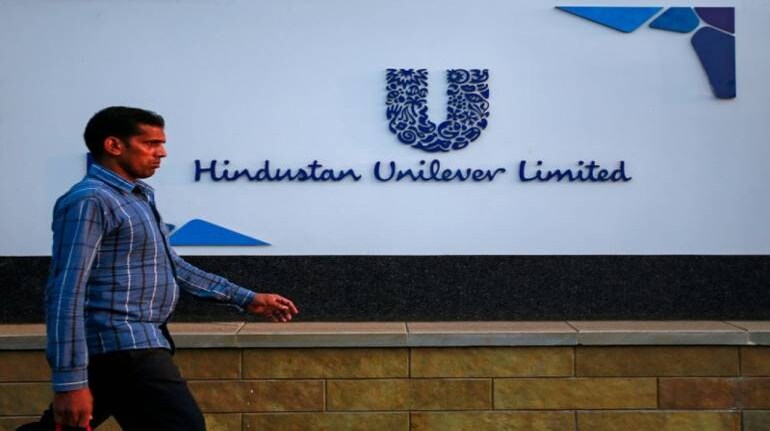



The near-term outlook for the FMCG market is "extremely uncertain" as the COVID-19 outbreak had a "terrible impact" and the situation remains volatile with the trajectory of the coronavirus undetermined, according to HUL.
While describing the current situation as "much more uncertain than normal", the FMCG major added that it is confident about its ability to manage the immediate crisis.
"The situation remains volatile with the trajectory of the virus undetermined, evolving hot spot geographies, the success of containment measures uncertain, the severity and duration of resulting economic crisis and the extent of structural damage unknown," HUL Chairman and Managing Director Sanjiv Mehta said in his address to shareholders in the company's annual report for 2019-20.
Coronavirus India News LIVE Updates
"There are many unknowns today and hence, the near-term outlook is extremely uncertain," he added.
Though the coronavirus and containment efforts have resulted in supply and demand disruptions, leading to a sharper growth deceleration, Hindustan Unilever Ltd (HUL) is confident about medium to long-term growth prospects of the sector.
"Despite the near-term ambiguity, we remain confident of the medium to long-term growth prospects of the FMCG sector," HUL said, adding its strong portfolio of trusted brands and capable teams is built to survive times like these.
According to the company, despite being one of the fastest growing markets globally for FMCG products, the per capita FMCG consumption in India is still amongst the lowest in the world, giving the industry a long runway for growth.
"The complexity and volatility continue to rise. In the last quarter of financial year 2019-20, we have seen an unprecedented global breakout of the COVID-19 pandemic leading to a humanitarian crisis, lockdown across many countries and a significant economic fallout," it said, adding, "In India, the economic impact of COVID-19 is trickling in on the backdrop of an already challenging macro-economic environment."
Mehta said various containment measures and the nationwide lockdown from March 25 caused disruptions across the company's value chain.
"We continue to work closely with the government at different levels, prioritise key SKUs, make planning cycles more agile and create flexible alternatives. This is helping us reboot our supply lines to a large extent," he added.
Mehta said 2019-20 witnessed a challenging business environment with lower GDP growth and slowdown in consumption, which resulted in a weakening consumer sentiment and lower demand for the categories in which HUL operates.
For FY20, HUL's net profit was up 11.48 percent at Rs 6,756 crore, compared to Rs 6,060 crore in the previous year. Sales stood at Rs 39,136 crore, marginally up 1.44 percent.
HUL, which owns popular brands like Lux, Lifebuoy, Surf Excel, Rin, Pond's, Vaseline, Lakme, Dove and Brooke Bond, added that the pandemic has also impacted consumer behaviour and demand patterns.
"Health and hygiene essentials have seen an upswing with household stocking and increased awareness. Consumption trend in other essentials such as fabric solutions, coffee, oral care is fairly neutral," Mehta said.
"We are enhancing the capacities of home and hygiene products, which are extremely critical for our consumers in these times," he added. HUL is also "re-purposing" its core brands and tailoring communication in the light of the current environment.
"The Out-of-Home channel is closed, resulting in near cessation of consumption in food services, ice creams and life essentials. The impact on discretionary categories is more accentuated as it comes on the backdrop of a slowing market growth," Mehta added.
HUL said it is staying close to its consumers to adapt to the "emerging demand patterns in the short term and prepare for any lasting changes in consumer behaviour."
"Many of our categories and brands have moved quickly to re-plan their innovations, adjust to consumers buying in different channels, and re-work brand communication to make sure that it remains consumer relevant," it said.
Follow our full coverage of the coronavirus pandemic here.
Discover the latest Business News, Sensex, and Nifty updates. Obtain Personal Finance insights, tax queries, and expert opinions on Moneycontrol or download the Moneycontrol App to stay updated!
Find the best of Al News in one place, specially curated for you every weekend.
Stay on top of the latest tech trends and biggest startup news.